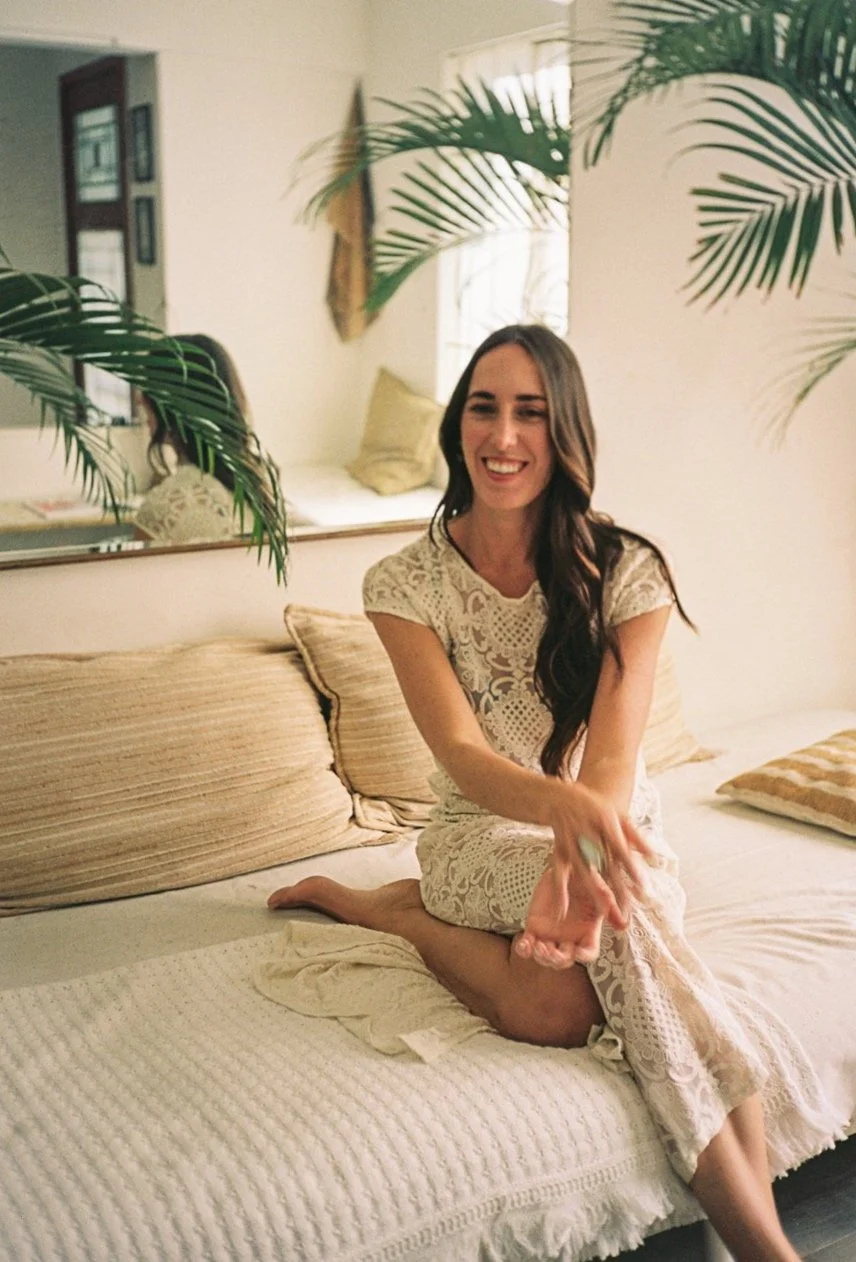Tired of Blaming Yourself? Fear of Rejection Shadow
“Why is it whenever someone I’m seeing stops showing interest I automatically think I did something wrong or it’s my fault?”
Triggered Feeling:
Fear of rejection
Acknowledge Your Shadow:
The fear of rejection shadow involves an underlying belief that your worthiness is tied to how others perceive you or their acceptance of you. If you’re new to this shadow I recommend reading THIS blog before continuing.
It can make you highly sensitive to signs of potential rejection.
This shadow can form through various life experiences and developmental factors, including:
Past rejections: telling your coworker you've developed romantic feelings for them only to be told they 'just want to be friends'.
Early childhood experiences: witnessing your parents go through a divorce and feeling abandoned by them as they broke up the family unit.
Attachment patterns: growing up with inconsistent caregiving led to an anxious attachment style, resulting in a strong need for validation in your relationships.
Social trauma: receiving a cold shoulder or being ignored when you asked a group of friends to play with them during recess.
How this fear of rejection manifests:
Perfectionism
Difficulty asserting needs
Comparison & envy
Hypersensitivity
Approval seeking
The Self-Blame Ends Here
Break free from this cycle and discover the path to self-acceptance and authentic connection. In a 1:1 shadow work session with Jordan, you'll explore the roots of your fear of rejection, unravel the patterns that have been holding you back, and lay the foundation for a journey toward healthier, more fulfilling relationships.
Steps to Integrate:
When you constantly assume that you are the problem or take undue responsibility for issues it's a coping mechanism that protects you from your fear of being rejected.
Coping mechanisms are strategies or behaviors that you use to manage, reduce, or alleviate stress, discomfort, or emotional pain in response to challenging situations or emotions.
These mechanisms can be both adaptive (healthy) and maladaptive (unhealthy) depending on how they are used and their long-term effects.
To begin healing your fear of rejection you need → awareness of the shadow.
What thoughts or beliefs about yourself emerge when you fear rejection?
Do you tend to avoid situations or opportunities that carry the risk of rejection?
Do you engage in perfectionistic behaviors or set unrealistically high standards for yourself in an attempt to avoid rejection?
How do you handle criticism or feedback from others? Do you tend to take it personally and see it as a form of rejection?
The next step is to identify what → triggers your shadow.
Are there specific types of relationships where your fear of rejection tends to be most pronounced (e.g., romantic relationships, friendships, work-related situations)?
Have you ever received feedback from others about your reactions to perceived rejection? What did they observe or mention?
Do you have any beliefs about rejection itself that might be influencing your fear of it? For example, do you believe that rejection is always a reflection of your worth?
If you really want to integrate this shadow practice you need → subconscious reprogramming.
Try this visualization practice, the ‘mental movie’ which is a technique that helps reprogram your subconscious by allowing you to confront and rewrite past experiences and future scenarios in a more empowering way.
Until next week,
Jordan
